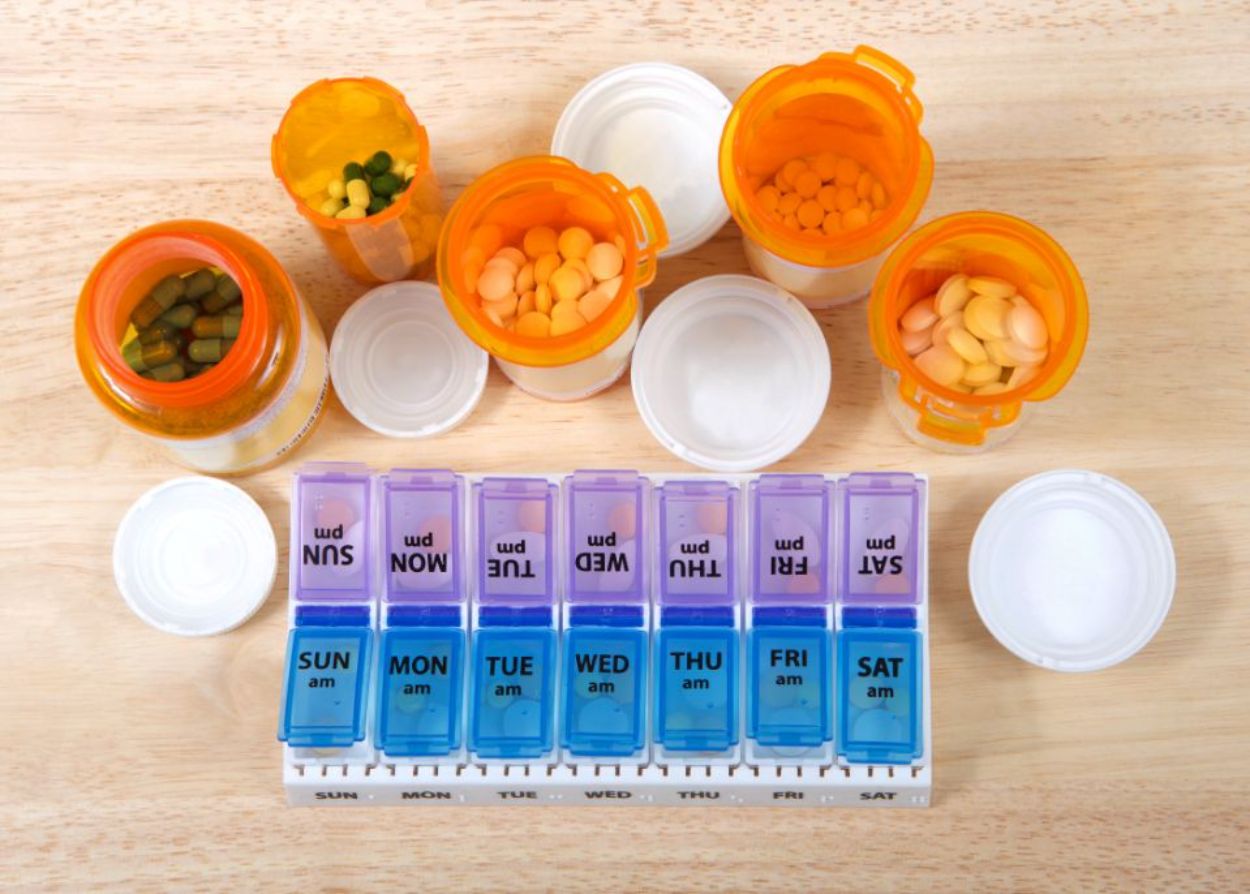As you begin to move into your retirement years, you’re likely focusing more on your health, and that often means more prescriptions, vitamins and supplements to handle. Effectively managing your medications helps ensure you achieve the intended effect for treating your symptoms or health conditions. It’s also an important way to protect your health and safety, since overdosing and even underdosing can have dangerous consequences.
These safe medication management tips will help you avoid some of the most common medication mistakes for seniors.
Tips to Help You or Your Loved One
Establish a routine. Taking your meds at the same time every day is an important aspect of medication management for seniors. This approach is often recommended for maximum efficacy, so it’s advantageous to take them at regular intervals for your health. Beyond that obvious benefit, when taking your medication becomes a habit, you’re far less likely to forget a dose or accidentally take it twice. If you take multiple medicines at different times of day, helpers like alarms and a pillbox can help you stay organized.
Stick to your prescription. Your dosage and instructions for taking your medications are calculated by your doctor based on many factors. Adjusting any medication without consulting your doctor can create a wide range of side effects and other problems, so even if you feel like it’s not working, you should keep taking it as prescribed until your doctor tells you otherwise. However, if you have questions or concerns about how a medication is or isn’t working for you, get in touch with your doctor to discuss options right away.
Maintain a medication list. Keeping track of all your different medication names, doses and frequency may get harder over time, especially as you add more prescriptions and your memory isn’t what it used to be. An important tool in medication management for seniors is a list that includes all the medicines you take, why you’re taking each one, what the dose should be, and when you’re supposed to take it. It’s also a good idea to include the name of the prescribing doctor, when the next refill is due, and how many refills you have left.
Be wary of drug interactions. Your medication list can serve as a valuable tool, especially if you have multiple doctors or specialists treating different conditions. Providing each of your doctors and your pharmacist access to your complete medication history will help them protect you from possible interactions that affect how the drugs work. It’s also a good idea to be aware of possible interactions from lifestyle influences like supplements, certain foods and alcohol consumption.
Automate your refills. Recognizing the importance of keeping prescriptions current is a safe medication management tip that is easily overlooked. If your pharmacy allows it, set up automatic refills so you’re at lower risk of running out of an important prescription. In most cases, if you’re out of refills, your pharmacy will notify you so you can get in touch with your doctor to schedule an appointment for a medication check.
Report significant weight changes. If you lose or gain a notable amount of weight, it’s important to share that information with your doctor. Some medications may require dosing adjustments if there are significant changes from when it was prescribed. An unexplained loss or gain may also signal an adverse reaction, so it’s best to discuss weight changes with your healthcare provider.
Store medicine in a safe place. Keep your medication out of reach of children and pets who could accidentally ingest it and become ill. Generally, unless instructed otherwise by your pharmacist or doctor, prescriptions should be stored in a cool, dry cabinet. This means you’re better off avoiding common storage spots like a kitchen cabinet near the stove or a steamy bathroom.
Avoid taking expired drugs. Another safe medication management tip is scanning your medicine cabinet (or asking a caregiver to help) so you can get rid of anything that is past its expiration date. This includes prescriptions and over-the-counter medicines, including first-aid treatments. Make notes on anything you need to update or replace, and talk with your pharmacy about how to safely dispose of anything you need to discard.
If you’re struggling to keep up with your medication, it may be a sign you could benefit from the senior care services you can find in a retirement community. Springpoint’s Life Plan Communities (also known as continuing care retirement communities) offer a variety of living options for residents, along with a focus on whole-person wellness that allows each resident to enjoy life to the fullest while safely managing their senior health needs.



